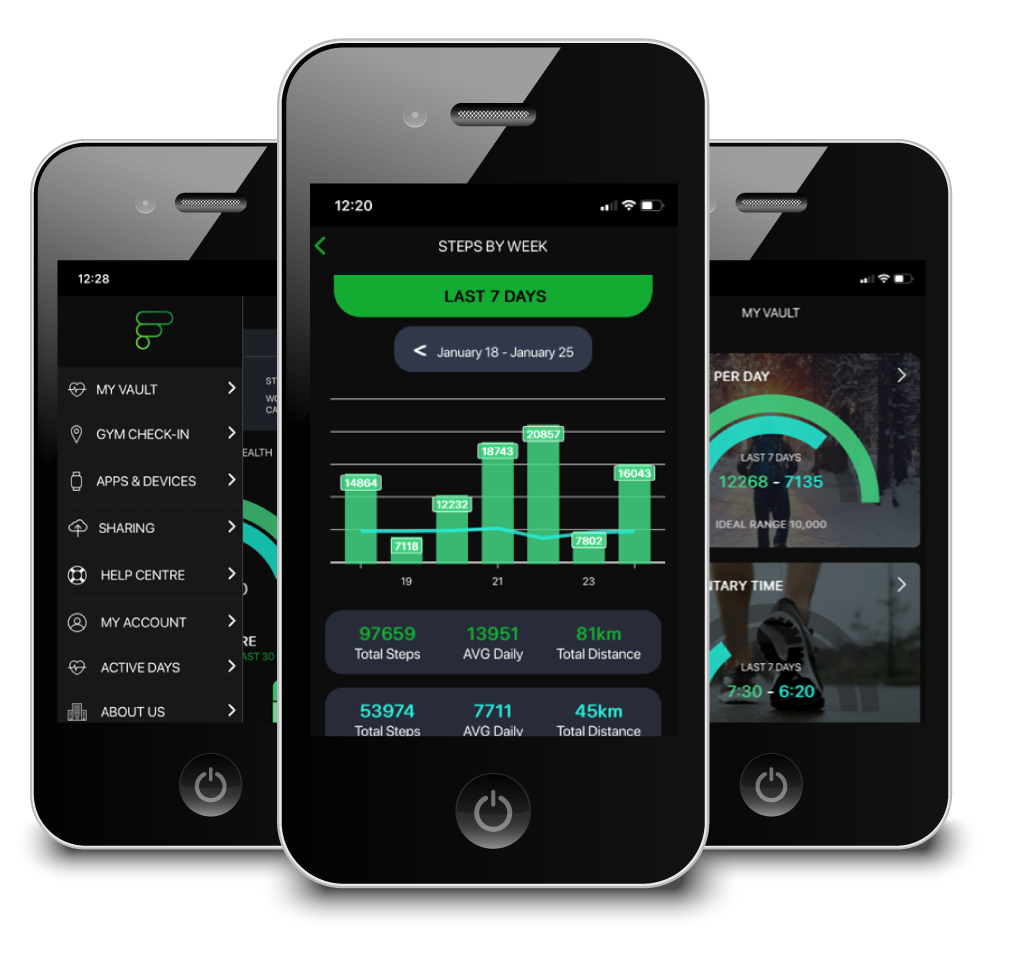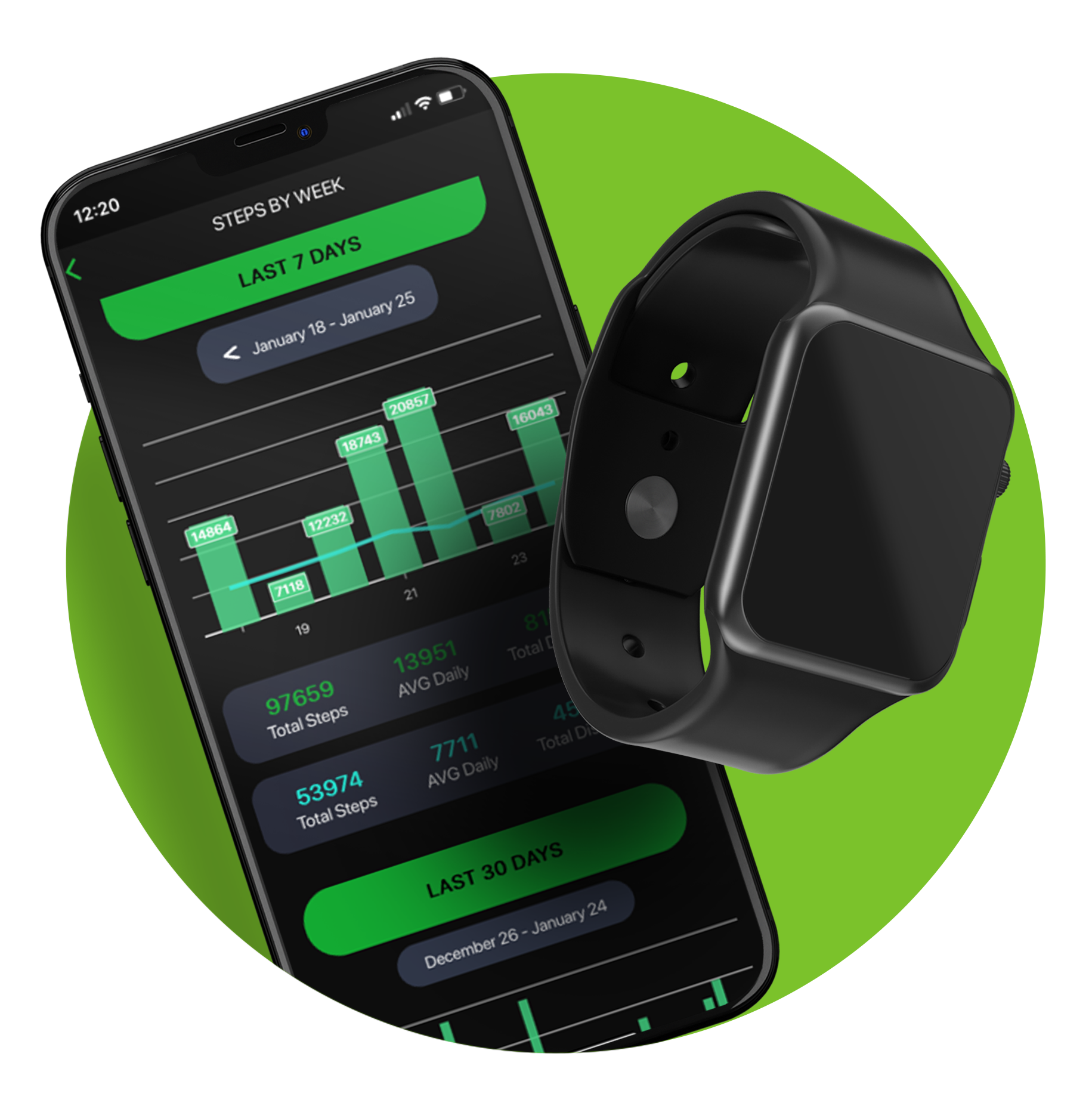FitVault Case Study
Unlock the potential of wearable data for research institutions and academic organizations.


We focus on specific health markers, such as daily physical activity, exercise training and fitness, sleep health, and cardiometabolic health, as logged across all supported devices. Our goal is to build on these algorithms to enhance our overall health score (known as Health ID) and accurately estimate health behavior risks and changes over time.



